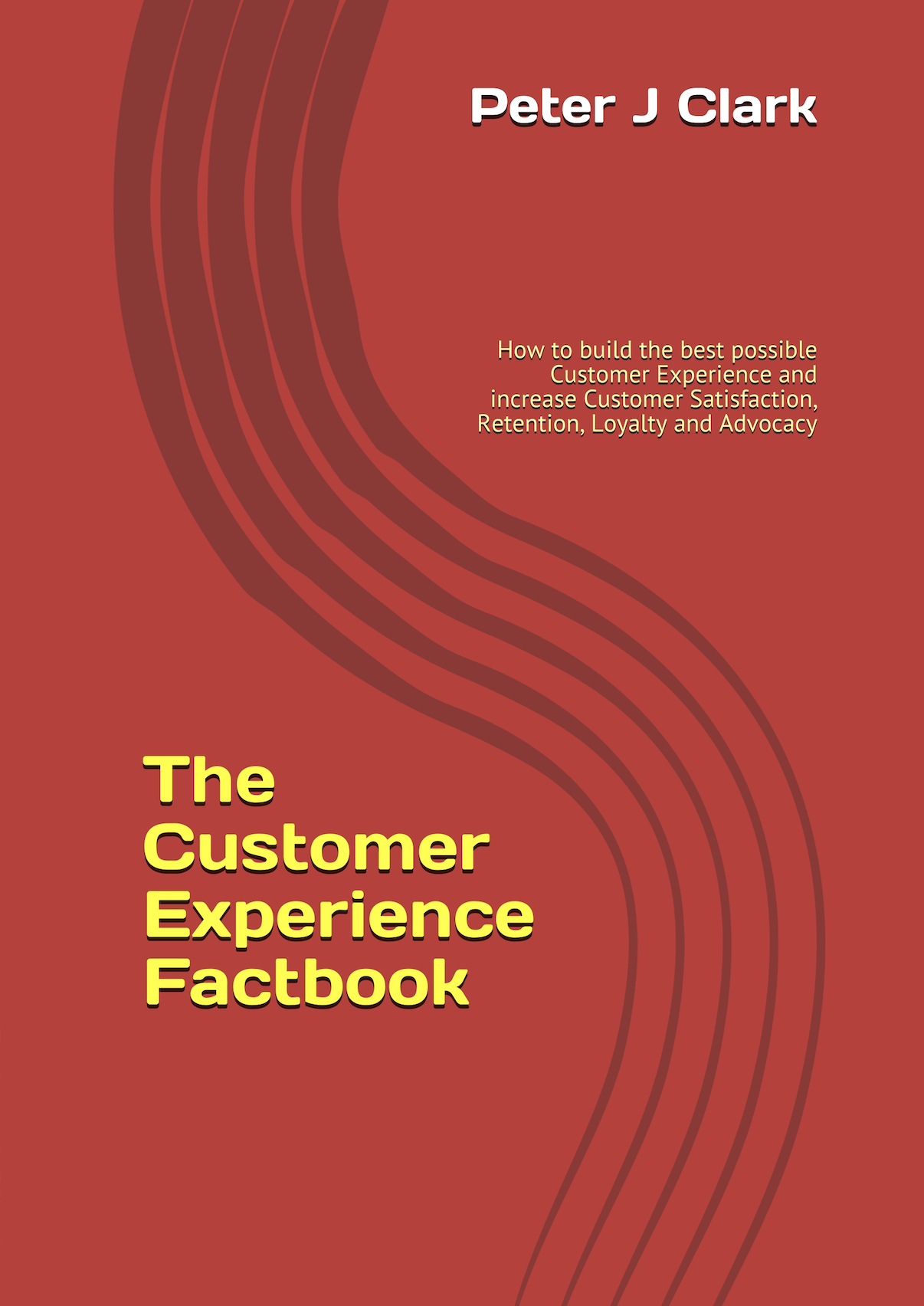Customers are controlling the marketing mix
Two thirds of consumers believe the internet and social media have little or no influence over their buying behaviour, according to research by email and digital marketing provider Pure360.
The 'UK Buying Behaviour' study was based on the views of 2,000 consumers and found that only one quarter of people admit to taking notice of marketing messages and 84% claimed to spend more time researching their purchases than ever before.
Almost two thirds of consumers said they believe the internet and social media have little or no influence over their buying decisions, while three quarters actively ignore marketing messages and 59% say they often feel "overwhelmed by the amount of marketing information they receive".
"The digital era has truly revolutionised buying habits and with consumers being daily bombarded with information, marketers must be more clever and tailored in their approach than ever before," said Abi Jacks, head of marketing for Pure360.
Wasted efforts
The study showed that, despite increasingly large budgets being dedicated to digital marketing, consumers rank traditional marketing methods as being more influential in their buying behaviour with 67% claiming that the internet and social media have little or no bearing on what they choose to buy.
Email marketing, while clearly unpopular with consumers, was still found to be the most effective form of digital marketing, with almost one in ten consumers admitting to being consciously influenced by email marketing messages. This figure is also largely enhanced when the campaign contains a special offer or money off on products or services.
Customer journey
Consumers' main objective in conducting product research is value for money, with it being cited twice as often as the next most common objective (58%), finding the right product (29%).
Not surprisingly, the study suggests that the amount of research carried out by a purchaser is linked directly to the price of the product or service. Consumers invest around 2 hours on common non-essential purchases, such as entertainment bookings or fashion products, while they will invest 4 - 5 hours in essentials like household items, technology or tradespeople's services. One-off luxuries such as holidays or searching for a new home can take between 7 and 21 hours.
The study also highlighted the power of consumer opinion, with both positive and negative customer reviews being described as the most influential factors in purchase decisions. While media reviews are also reasonably well trusted, conversations about brands and products on Twitter only captured the attention of 6% of the consumers surveyed.
A measured approach
Nearly three quarters of those involved in the study described themselves as 'investigators' in their approach to buying decisions, with almost half of purchasers seeking to explore their options before committing to a decision, through use of customer and journalist reviews or by seeking advice from friends and family.
One third believe themselves to be 'reflectors' who carefully think about their decisions, rather being impulsive and rushing to a conclusion.
"The rules of engagement have changed and while marketing trends determine new strategies, what remains key is knowing your customer," concluded Jacks. "Understanding and targeting peoples' individual needs will drive engagement and with the currently low receptiveness to new digital marketing strategies, there is plenty of scope for marketers to utilise new innovative channels."
Sources: Pure360 / The Marketing Factbook.
Copyright © 2014 - 2025 The Marketing Factbook.
Categorised as:
- Customer Experience
- Knowing The Customer
- Marketing Know-How
- Marketing Technology
